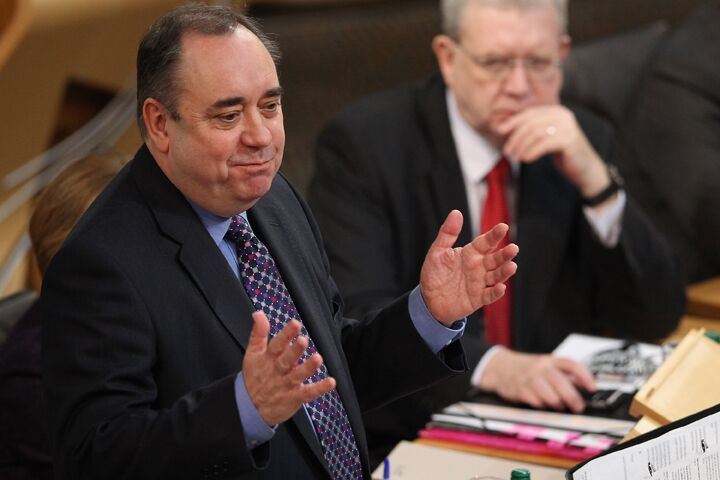
Scottish Referendum Divides Britain
Scottish First Minister Alex Salmond is preparing Scotland to hold a referendum on independence, which is leading to clashes between the devolved government in Scotland and the national government in Westminster.
Salmond wants to boost his chances of winning the referendum by holding it in 2014 while nationalist emotions are high as Scotland celebrates the 700th anniversary of the Battle of Bannockburn. British Prime Minister David Cameron wants the referendum to be held within 18 months, be overseen by the Electoral Commission and contain two clear choices.
According to recent polls, the majority of Scottish people don’t want independence. Fifty-four percent of people in Scotland do not want to leave the union, according to a poll by Ipsos Mori, published January 9. Only 29 percent want independence.
Even if Scotland ultimately votes to stay, however, months, if not years, of campaigning and arguing isn’t going to help the unity of the United Kingdom.
All kinds of details will have to be decided. For example, currency. Originally, Salmond said an independent Scotland would join the euro. These days, joining the euro isn’t that popular, so now he wants to keep the pound. But the euro crisis has just proven that a currency union without political union can’t work.
How much would an independent Scotland’s share of the national debt be? What about its share of North Sea oil? These kinds of questions could be expected to be accompanied by combative rhetoric, accusation and even court cases from both sides.
In other words, a “No” to independence could still leave the two sides bitter and divided.
Just the act of holding a referendum will result in Britain becoming even more divided and inward focused over the next few years, when there are serious external challenges to confront.
